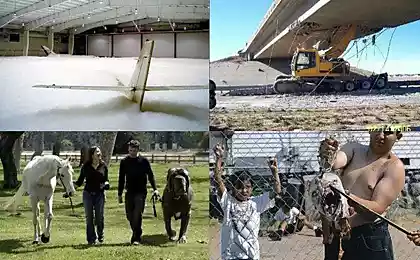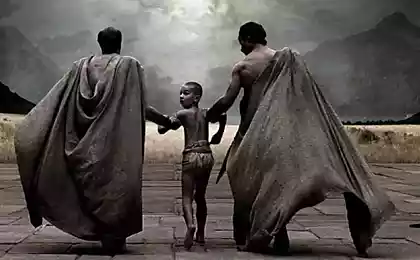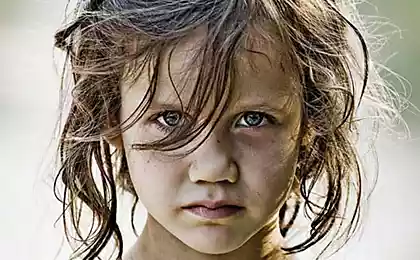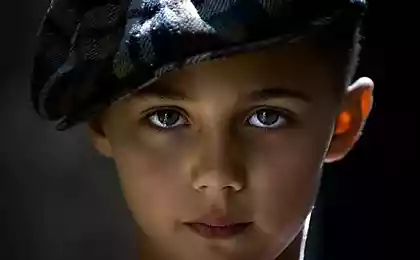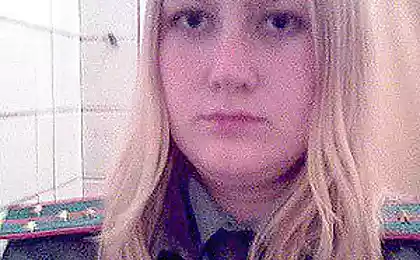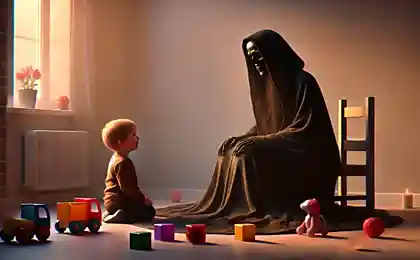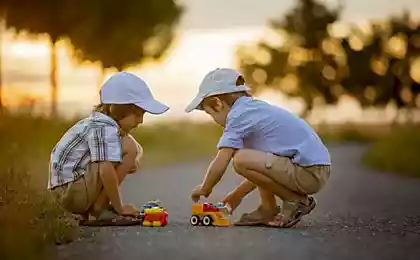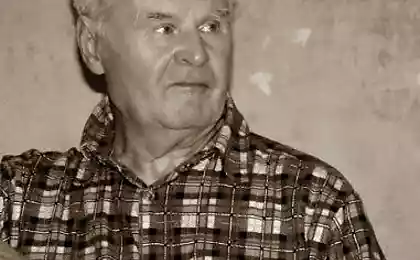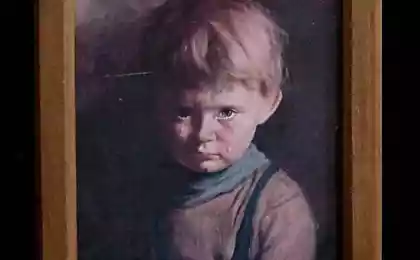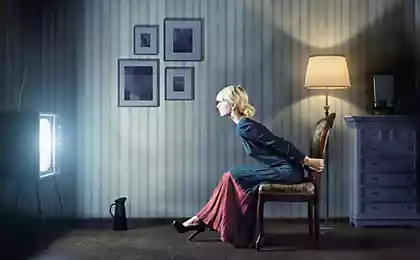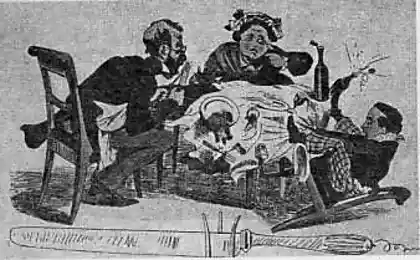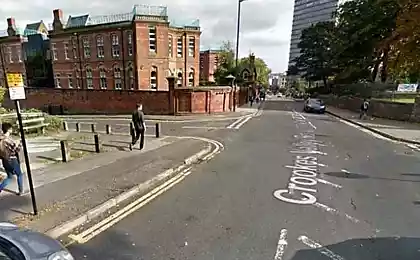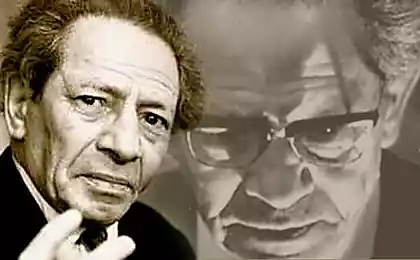1217
Two little boys.
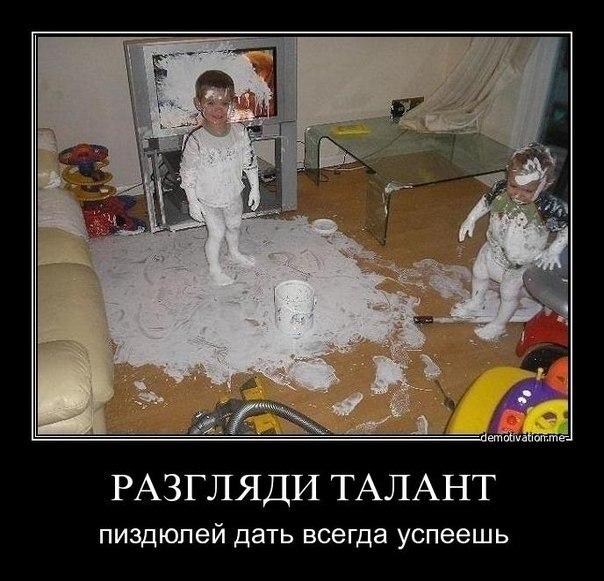
Last summer, the teacher sat on the beach, relaxing after a long trip. She was eating a sandwich and watching what is happening on the beach. Two little boys, about 6 years old, playing together. They were running around, laughing and now, a little tired of it, sat side by side, not far from her, and began to talk.
Maybe they just met (children easily learn about the holidays). Finally, one said to the other:
- What do you want to be when you grow up? I want to be a neurosurgeon.
- Damn. I do not know. I never thought about it. You know, I'm not very smart.
Wind blew their conversation. A teacher thought about where the second boy learned the limitations of such faith in their own capabilities. Possibly from another teacher! Or from their parents. He's six years old, and if he does not change his mind, or someone else will not help him change his point of view, it will have a negative impact on his life, limiting his belief in their own capabilities, restricting its potential.
Beliefs are not true. They are constructed environment that organizes our behavior. Each of us acts as if these beliefs were true. And for these reasons that all our beliefs are confirmed and become "true" on the principle of self-fulfilling prophecy, regardless of whether they restrict or open up new possibilities.
